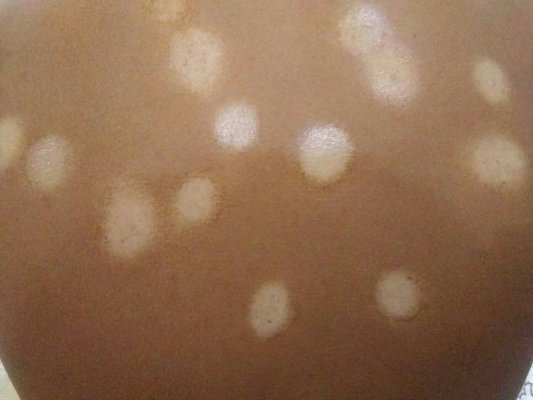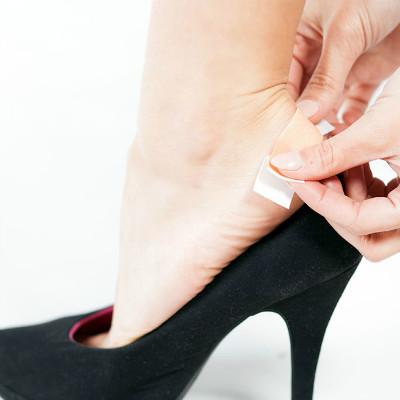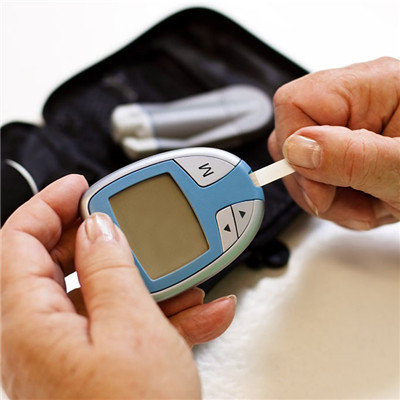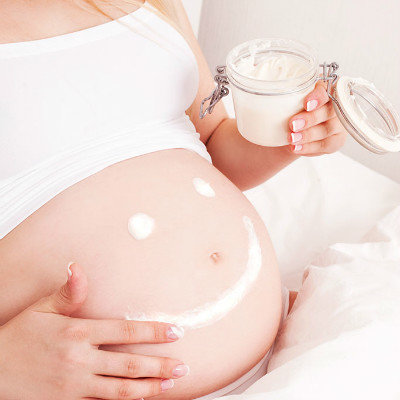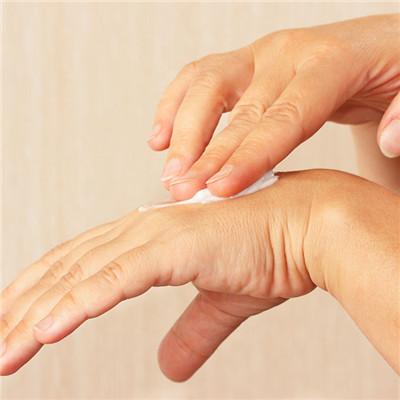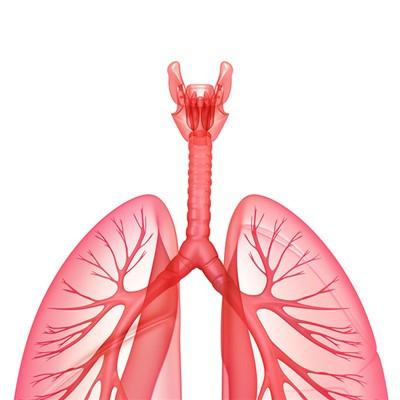Symptoms of baby chickenpox
summary
Varicella is a primary infectious disease of acute respiratory tract, which occurs mostly in children and is caused by varicella zoster virus. The clinical symptoms of skin, mucosa and the whole body appear in batches, the rapid development of papules, macules. If people scratch because of itching, they will scar. Baby chickenpox symptoms tell us.
Symptoms of baby chickenpox
The incidence of chickenpox is less in infants within six months, and the mother's antibody can be obtained directly. However, the fetus in pregnancy after six months is vulnerable to infection and chickenpox. After the disease can obtain lasting immunity, but herpes zoster can also occur. Chickenpox can occur all year round, mostly in spring and winter. Almost all susceptible people who come into contact with patients will get sick. Due to the strong infectivity of chickenpox, collective institutions such as kindergartens and primary schools are easy to cause epidemic, which needs special attention. Infants often do not have prodromal symptoms, about 14 to 16 days of incubation period. However, the elderly or adults will have fever, headache, general discomfort, anorexia and upper respiratory tract symptoms. The eruption time is one to two days later, and occasionally prodromal rash will appear. The rash period after one or two days is accompanied by fever.
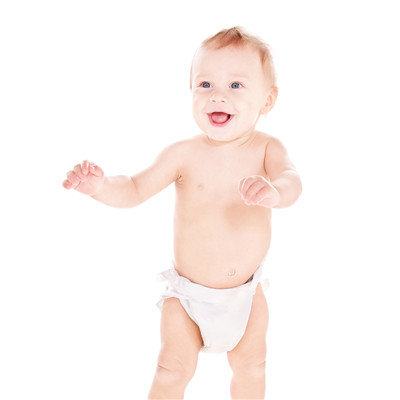
The rash symptoms developed rapidly, starting with erythema, then papules a few hours later, and finally herpes, which first appeared on the trunk and head, and then extended to the whole body. When there is herpes, people's skin will itch, and then dry into a scab, this process is only six to eight hours, if there is no infection, then one to two weeks after the scab off, generally do not leave scars. The skin rash is about 3-5mm in size, often oval in shape, surrounded by a red halo, and the herpes surface is shallow and easy to break.
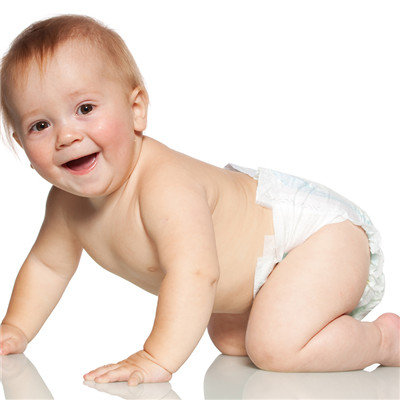
At first, the blister fluid is transparent and turbid, and the secondary infection is purulent. The time of scab formation becomes longer and scar will be left. The skin rash was most common in the trunk and distributed centripetally, followed by the head, face and proximal extremities. The number of herpes varies from several to thousands.
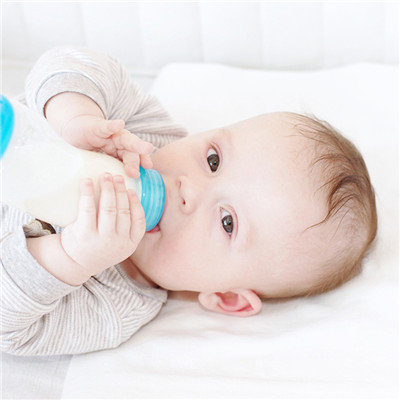
matters needing attention
1. Isolate sick babies: babies suspected or diagnosed with chickenpox should be isolated. If there are other babies who have not suffered from chickenpox at home, they should choose another place to live or not live in the same room with the patient. The isolation time should last until all the children have dry and scabby herpes. 2. Do not use hands to scratch herpes: babies under the age of one who do not have enough hand control should pay special attention not to scratch facial herpes, so as to prevent herpes from being scratched, purulent and infected. If the lesion is deeply damaged, it may leave scars. In order to prevent this situation, we should cut the baby's nails short and keep his hands clean. Parents should pay special attention to this link when nursing. 3. Antipruritic: the sick baby's clothes and quilt should not be too thick. The clothes should be loose and comfortable. If the sick baby wears thick and tight clothes, sweating will cause skin rash and itching. After cleaning the sick baby's skin every time, parents should apply calamine lotion on the part of chickenpox. 4. Pay attention to disinfection and cleaning: for clothes, bedding, towels, dressings, toys, tableware, etc. exposed to varicella herpetic fluid, they should be washed, dried, scalded, boiled and burned according to the situation. Parents should pay attention not to share with healthy people. Also frequently change clothes, keep skin clean. 5. Pay attention to the change of the condition: pay attention to the change of the condition. If the baby has persistent high fever, cough and asthma, or vomiting, headache, restlessness or drowsiness after the eruption, he should be sent to the hospital immediately for nursing treatment by a professional doctor. 6. Open the window regularly to ensure air circulation: air circulation may effectively kill the virus in the air, but in the process of ventilation, pay attention to keep the baby warm, and try to let the sun shine on the room. Remember to open the glass window, because the glass will block the ultraviolet ray to kill the virus.
